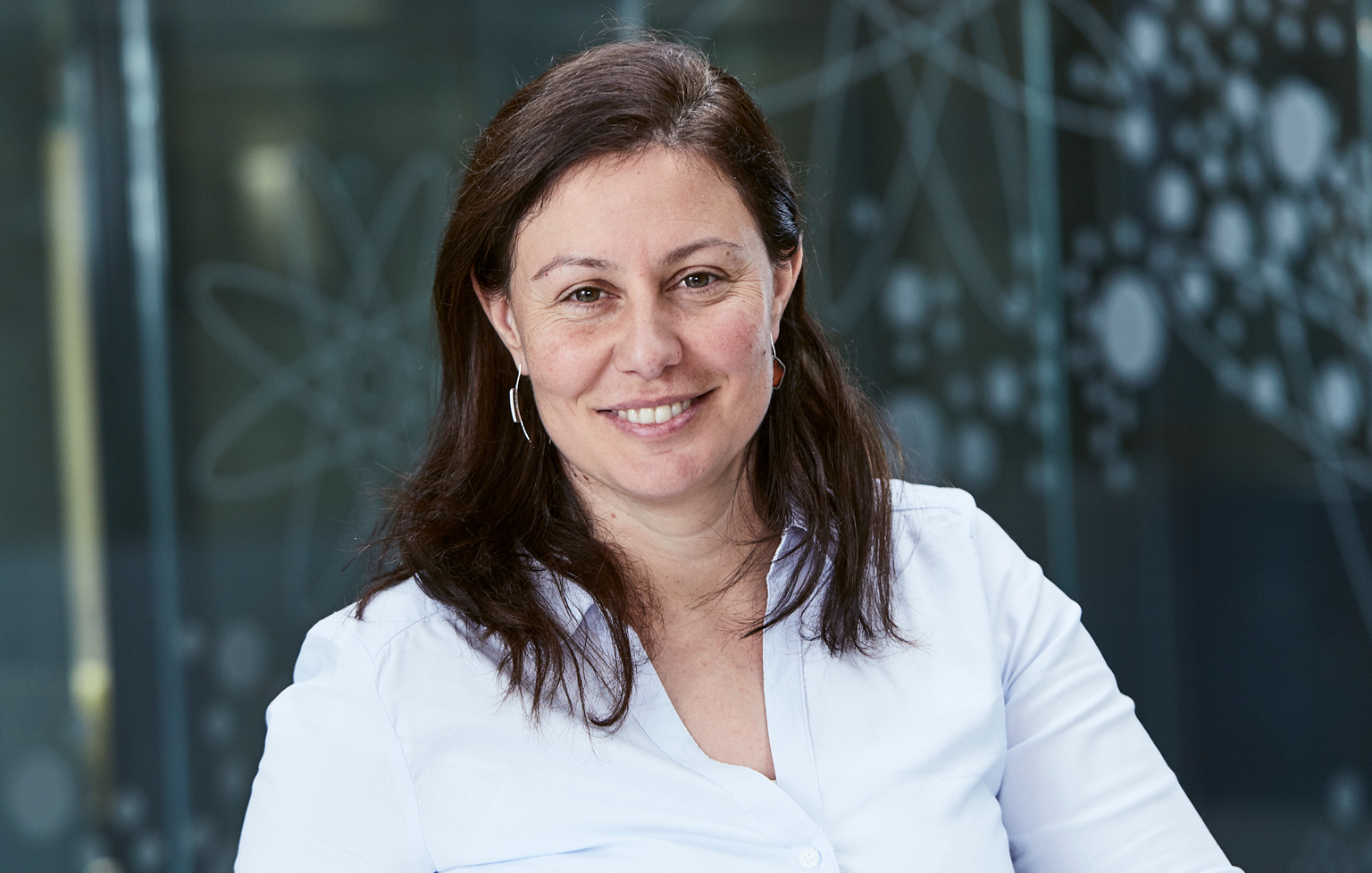27 Jan Sílvia Carrasco: “The COVID-19 pandemic has highlighted the importance of research and tech transfer”

Research is crucial for the development of any country, but so is the transformation of that knowledge into products or applications that benefit society. Knowledge and technology transfer are among the top priorities of many institutions. Over the last few years, the efforts devoted to them have increased significantly. Sílvia Carrasco runs the Knowledge and Technology Transfer Unit of the Institute of Photonic Sciences (ICFO) and we have reviewed with her the way that knowledge transfer is approached in Catalonia and Spain, keys for achieving the best results for all parties involved, and the ways that the COVID-19 pandemic has affected the sector.
How did you come to be director of the Knowledge and Technology Transfer Unit of an institution like ICFO?
ICFO was a new institute, but it was founded with the ambition of competing at the international level. The challenge and potential impact of building the transfer team from scratch for a centre like ICFO motivated me immensely. The director’s vision and the ambitious scope of the project he offered me gave me strong arguments for coming to Barcelona from the United States to accept the challenge in 2006.
What are you most passionate about when it comes to technology transfer?
Managing to bring to market transformational technology with a real impact on society, on people and on the general economic ecosystem of the countries where it occurs. The deep-tech businesses that come out of research centres not only create disruptive products that improve people’s lives, they also generate opportunities for young people – opportunities with high added value. I’m passionate about being part of that.
What role do you think an institution should have when it comes to encouraging technology transfer? What is the key to achieving it?
For an institution, it is essential to have resources and a long-term plan for the commercialization of technology. Deep-tech transfer is a long journey, requiring support over many years with clear and sustainable strategies.
What advice would you give to the researchers and research groups who are working day after day to expand their knowledge of health?
Rather than giving advice, I would tell them that I admire them. Both basic and applied health research is absolutely essential for making progress in the kind of society we want to live in. Barcelona has a very strong ecosystem of transfer units, accelerators and investors that support ideas so that they can become products that improve people’s quality of life. They are in an ideal place to make a difference.
What do you consider essential to reaching an agreement (licensing agreement, start-up creation)?
It should be a win-win for all parties. We spend years building relationships based on trust to reach these agreements. The best agreements are based on honest relationships, with mutual trust, in which everyone feels respected and has something to gain.
Do you think that in general there exists a culture among researchers to seek out this kind of knowledge transfer? What would you suggest to promote it?
Not all researchers need to do applied research. Basic research is also essential. Many researchers do feel motivated to make sure their research has an impact around them. For that to happen, they must have the opportunities and support they need to explore this option. Once they start to move in this direction, they are usually hooked, but it is essential to support them at the start.
How do you see Spain’s position with regard to its technology transfer activity? What about Catalonia?
The first step was to establish a strong research network with centres that really are leaders in Europe. Having achieved this over the last 15 years, Catalonia has taken very important steps to lay the basis for technology transfer and drive all these technologies towards the market. A country cannot position itself to succeed in deep-tech transfer overnight. It takes a couple of decades, with significant resources. If the strategy is maintained, we will soon see the results, and in fact they can already be glimpsed with the network of spin-offs being founded.
Do you think the current pandemic has affected this transfer? What have the effects been?
Definitely. We have suffered a collective shock. In a way we have been made aware of our fragility as a group and our power of action as a society. Transfer has been effected in the same way as any other activity, just as each of us has been effected individually in so many different ways. The markets are unstable and businesses and investors are more cautious, especially in areas outside the health field. But collectively we have taken giant steps towards a much more efficient way of working, and my feeling is that there is no going back. Meanwhile, the pandemic has highlighted even more, if that were possible, the importance of research and transfer in the area of health. In this sense it has acted as a catalyst, consolidating investment in this sector.


